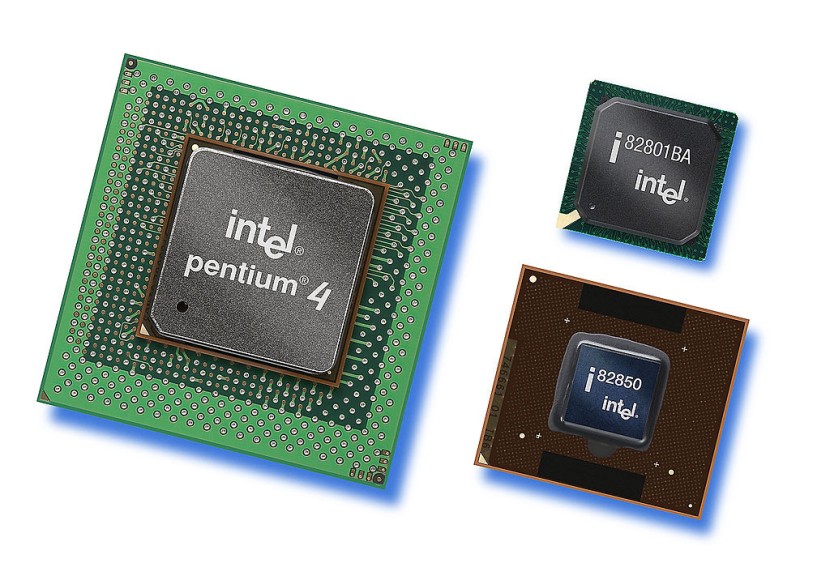
Paralyzed man writes using his mind to write text messages with microchip brain implants from neck down. The device allows assisting communication to enabled computers.
After a spinal cord injury in 2007, a man who had lost all mobility below the neck could write a
Paralyzed man communicates with computers via a brain implant
He was able to communicate text to a computer with his mind, reported USA Today.
When the man thought to write on an imaginary notepad with his paralyzed hand, the machine converted his thinking into text on a computer screen.
According to a study released last Wednesday in the peer-reviewed journal Nature, Stanford University scientists employed artificial intelligence software and a brain-computer interface to help a man with incapacitated limbs interact via text.
In 2017, Dr. Jaimie Henderson, a Stanford professor of neurosurgery, inserted two microchips the size of baby aspirin and around 1 millimeter in size into the brain. Electrodes on the chips register neurons in the motor cortex, the brain area that governs hand movement.
2
He added noted Science Focus, "This approach allowed a disabled person to compose sentences at speeds that were nearly equivalent to those of able-bodied adults of the same age typing on a smartphone," says the study. Saying, "The aim is to use text-based communication."
The individual, known only as T5 in the research, texts at a rate of about 18 words per minute. On a mobile, a person of the same age with full use of their hands can text at a pace of 23 words per minute. Paralyzed man writes using his mind to connect with microchip brain implants.
He made about one error out of every 18 or 19 characters writing in his mind. Researchers used an autocorrect feature similar to that used on most smartphones; error rates declined to under 1% when copying text and slightly more than 2% when composing something original.
Dr. Frank Willett, a study author and neuroscientist at Stanford, said, "It's interesting to speed up the pace of these kinds of devices to the extent that I think it could be very useful for someone who is severely paralyzed." "It's similar to writing on a notepad or typing on a phone."
Scientists didn't know that a person could retain motor skills after putting them into action until now.
The scientists are enthusiastic about the groundbreaking technology and the implications of their findings for future studies.
Researchers hope to adapt the technology so that people who cannot speak can simulate conversation by writing.
Before the study's results can be successfully implemented into real-world applications such as tablets, smartphones, or computers, additional work needs to be done.
Willet said," We had no clue how a person who hasn't even moved his hands in 10 years might do if asked to write."
He remarked that fine movements would be remembered inside the brain, with machines that can decode thoughts.
Another scientist, Krishna Shenoy, professor of electrical engineering part of the study, said, "Although handwriting can reach up to 20 words per minute, typically talking at a rate of about 125 words per minute, and this is an exciting new path that complements handwriting."
Paralyzed man writes using his mind has implanted computer chips to translate thoughts into actual messaging.
Related article: Construction Worker Finds Brain Wrapped in Foil on Wisconsin Beach








